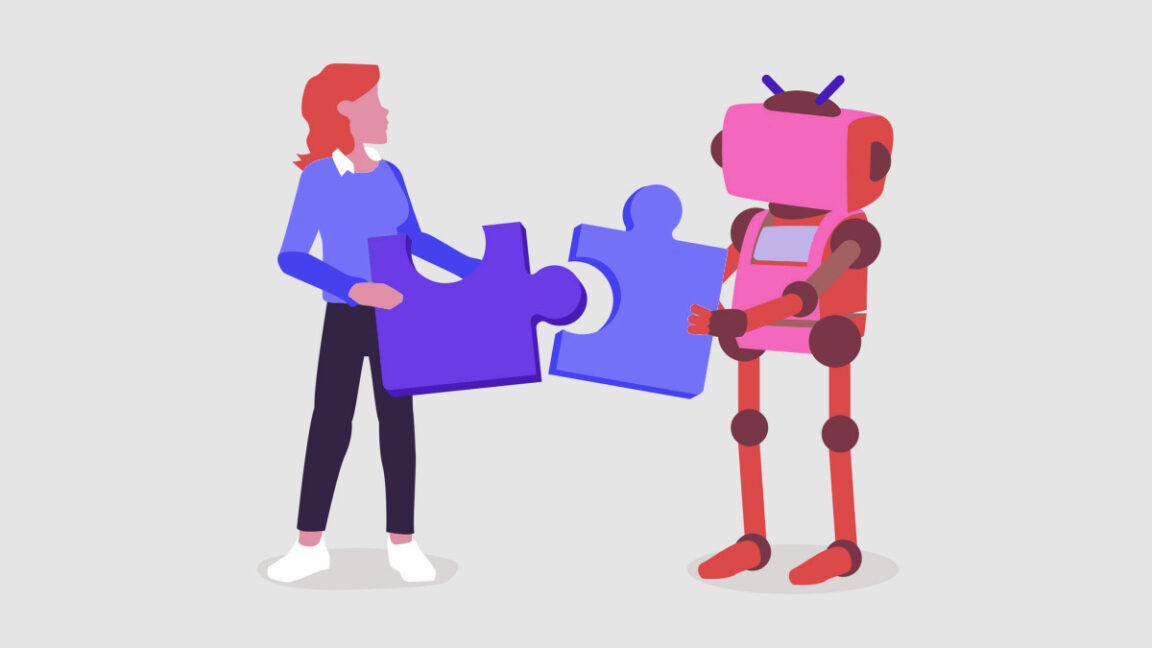AI in the Workplace: Adoption Among Americans

Recent insights reveal an intriguing pattern of AI adoption among Americans at work. According to a survey, only 37% of Americans have integrated AI into their workflow, despite its significant potential in boosting productivity. Interestingly, younger generations are embracing these tools more readily for tasks like brainstorming and work assistance.
The survey highlights that while 60% of people use AI for searching information, its application for companionship is underwhelming. Only 16% have tried AI companionships, but this number rises to 25% among those under 30. AI companionship, however, comes with concerns such as promoting sycophancy and possible adverse mental health impacts, including delusional thinking.
There is a notable generational divide in AI use. Among adults under 30, about 74% use AI for information searches, compared to 60% of the general adult population. Similarly, 62% of the younger group use AI for generating ideas, while only 20% of those above 60 engage AI for this purpose.
Despite the tech industry's promotion of AI as a game-changer for productivity, most workplaces remain AI-free zones. A third of respondents utilize AI for tasks such as writing emails or creating images, and only 26% use it for shopping.
AI's foremost application remains search engines, though many users may not realize they are engaging with AI. Google's automatic AI response generation is often overlooked by users.
Americans' cautious yet curious approach towards AI is reflected in how they incorporate it into daily life while being mindful of its limitations. In interviews, users like Courtney Thayer and Sanaa Wilson share their experiences, using AI for meal planning and code debugging, respectively. Thayer even displays courtesy towards chatbots, reflecting societal curiosity and apprehension surrounding AI relationships.
While some users like Thayer remain cautious, others like Wilson view AI companionship as a byproduct of social isolation during the COVID-19 pandemic. Thayer acknowledges AI tools but maintains a safe distance from forming any sort of AI dependency.



